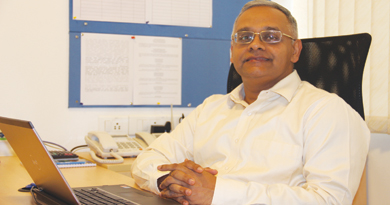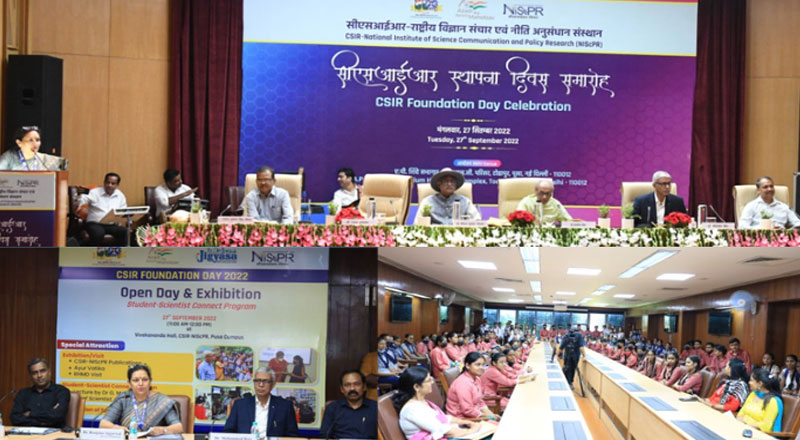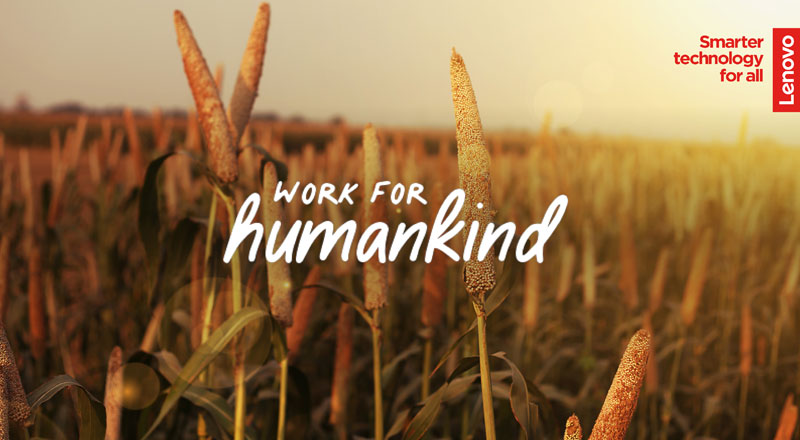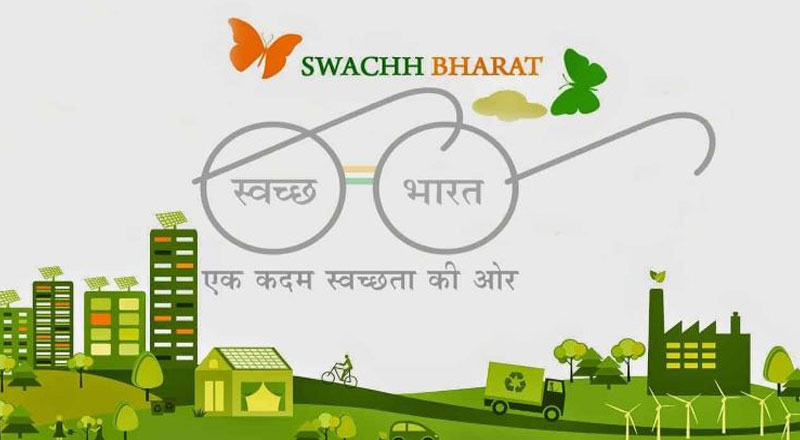When Akshay Patra Foundation first started, its main objective then was to fight hunger and malnutrition. But as time passed, the foundation realised that having made a measurable impact in all these years, the next logical goal would be to go beyond meals and empower children to flourish in a fast changing world. In a conversation with SPOI, Shridhar Venkat – CEO, The Akshaya Patra Foundationspeaks of how despite challenges, the foundation continues to fight for various causes in the society –
How are you looking at continuing the CSR Vision for the year 2018?
Significant time has elapsed since theCompanies Act 2013 came into force. This has given both, corporates and non-profits sufficient time to understand its nuances. Today, both sides are better equipped to make the most of this opportunity. While non-profits are assuming the frontline role, corporates ought to actively participate in the implementation and, more importantly, monitoring part to maximize the impact of the initiative. Thus, we are aiming for long-term partnerships built around implementation and monitoring of the programme.
Could you tell us something about your initiatives for ‘Rotis for Love’ initiative you are starting this Valentines?
We have partnered with Rotimatic, a US-based company producing a Wi-Fi-enabled kitchen appliance, to makes flatbreads from the scratch in just 90 seconds. Being Wi-Fi enabled,Rotimatickeeps a record of every roti prepared using it.As a part of our campaign, the company decided to donate 5 cents for every Rotimatic roti made in the world between1stand14th February. In addition, every time someone buys a Rotimatic, the company has promised to support one child’s midday meal for an entire year.
You have collaborated with different corporates and foundations to work for the underprivileged. What are the implementation methods followed in each such projects?
Over the course of 17 years, we have partnered with several organisations. Each of these organisations have contributed towards our cause in various ways. While most of them opt for strategic philanthropy through fundraising or in-kind contributions, such as donating a delivery van or setting up a new kitchen, others help with promotional campaigns, event sponsorships, innovation, etc.
What inspired you to start initiatives such as after school tuition and skill development?
When we started the initiative 17 years ago, our main objective was to fight hunger and malnutrition, and at the same time, encourage children to come to school by promising them a wholesome meal as an incentive. Over the period, we realised that we had made a measurable impact. The next logical premise, we thought, would be to go beyond meals and empower children to overcome adversity and flourish in a fast changing world.
Over the years, we have introduced several initiatives that would support the cause. One such initiative that was launched last year was Giving Every Dream a Chance, a mentorship programme to provide beneficiary children a platform to nurture and showcase their talents.
What kind of response have you received from different states while proposing to run kitchens to feed underprivileged children?
Over the last 17 years, AkshayaPatra has established itself as a credible organisation. Along the way, several State Governments have come ahead to partner with us. Today, we provide mid-day meals to over 1.6 million children across 12 states. The promise of a meal serves as an incentive for children to come to school, thus helping eradicate classroom hunger.
The impact of the Mid-Day Meal Programme has been positive on enrolment and attendance in Government and Government-aided schools across these locations. It has also helped address the issue of children dropping out to work and support the family or learn housework. There have been several studies to highlight the impact of Mid-Day Meal Scheme.
In 2014, for instance, we collaborated with the Sigma Research and Consulting Pvt Ltd for a baseline study to assess the outcomes of the programme implementation across 8 states. This study showed that enrolment and attendance had increased significantly after the introduction of mid-day meals in these schools.
Please brief on various supports you receive from the Government?
The Mid-Day Meal Scheme is the flagship programme of the Government of India. We work with the Government as the implementing partners for the programme. Each meal costs us a specific sum. While a part of it is provided by the Government, we are authorised to raise the deficit amount through donations from individual and corporate donors from within the country and abroad. The permission to collect donations from within the country is granted by the Ministry of Finance, whereas the permission to collect donations from abroad is granted by the Ministry of External Affairsunder the Foreign Contributions (Regulations) Act (FCRA). In addition to cash subsidies, which vary from state to state, grains are provided by the Government through the Food Corporation of India (FCI) and Food and Civil Supplies Corporations.
What are the new goals the foundation has set to achieve in the year of 2018?
We will continue to expand our footprint in the MDM space by focusing on increasing capacity utilisation of existing kitchens and setting up new kitchens. This will add to the feeding volume. In addition, we will step up our advocacy efforts to spread awareness about classroom hunger and the need and means to eradicate it.
Do you face any challenge when it comes to implementing a program successfully?
Challenges will always be there; all the more so when we are operating at this scale. When we started the school lunch programme to eradicate classroom hunger, we were concerned about the funding part to sustain the initiative in the long run. That is when many like-minded people came ahead to help us. When we got into partnerships with states in North India, we realised that it was difficult to manually prepare rotis (flatbreads), which are integral to the diet in these regions. The solution came in the form of a customized roti-making machine with the capacity todish out 40,000 rotis in just under an hour. Over the course of 17 years, every time there has been a problem, we have found a solution in the form of people or technology.
Speaking of challenges, there is one more thing that is worth mentioning. We have always believed in the need to reach out to as many children as possible. With that in our mind, when we tried to reach out to children in remote areas such as Baran (Rajasthan) and Nayagarh (Odisha), we realised that the terrain and remoteness of these regionsmade it difficult for us to set up a centralised unit there. So we decided to opt for the decentralised model, wherein every school would have a small kitchen with Women Self-help Groups (SHGs) preparing food for children and the whole process being monitored by Akshaya Patra.
How is CSR looked at in India today? Has the perception changed after the Company’s Act of 2013?
The concept of giving is not an alien concept for India Inc. Indian corporates have long been incorporating their philanthropic values into their business goals to give it back to the society. Almost all the major business houses in the country have been indulging in philanthropy in some or the other form for years—some even establishing their philanthropic wing to carry out the same. What the Companies Act, 2013 did is that it provided impetus to the concept with more companies coming forward to do their bit for a cause.
Can you advise on how more corporate can add value to your services you are offering?
More and more corporates are coming forward to contribute towards socio-economic development of the countryand that bodes well for our pursuit of Sustainable Development Goals (SDGs). The rise in CSR spends in the aftermath of Companies Act 2013 has been a major boost to the social sector as it is helping non-profits reach out to more people with quality services. Corporates should understand that corporate social responsibility goes beyond signing cheques, that it is equally important that they make informed decisions and be a part of the whole process all along.





